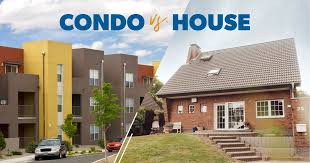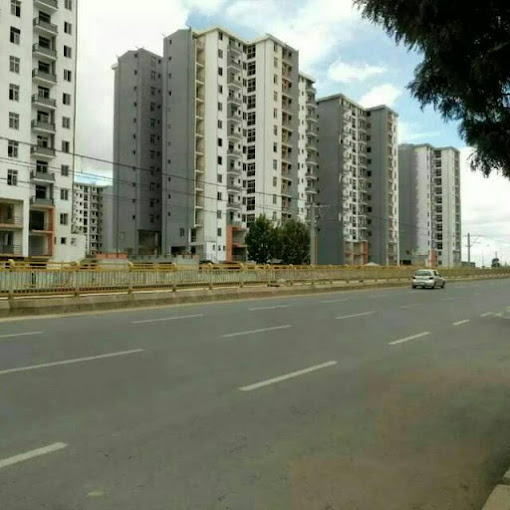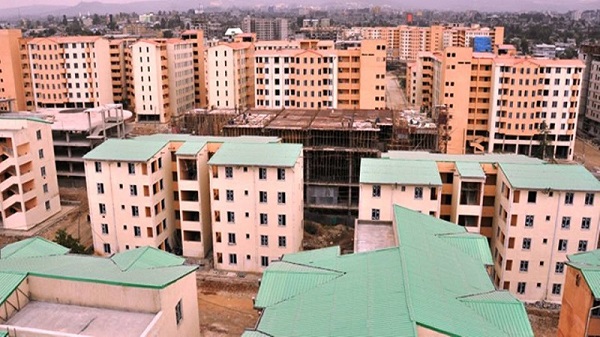Condo Living vs. Traditional Homeownership Pros and Cons
BY: DA PUBLISHED: 2024-05-26 13:18:22 | UPDATED: 2026-02-02 22:29:35 | Views: 903
When deciding where to live, the choice between condo living and traditional homeownership is a significant one, impacting lifestyle, financial health, and daily responsibilities. Each option comes with its unique set of benefits and drawbacks, tailored to different needs and preferences.
Condo living often appeals to those seeking a low-maintenance lifestyle with convenient amenities and a sense of community. This option is particularly attractive to busy professionals, retirees, or anyone looking to minimize the time and effort spent on home maintenance and enjoy shared facilities like pools, gyms, and common areas.
On the other hand, traditional homeownership provides greater autonomy, more living space, and the potential for long-term investment growth. This path suits individuals and families who value privacy, space for expansion, and the freedom to modify their living environment without restrictions imposed by homeowners' associations. In this comparison, we will delve into the pros and cons of condo living versus traditional homeownership to help you make an informed decision that aligns with your lifestyle and financial goals.

Condo Living
Pros:
Maintenance and Upkeep:
- Less Responsibility: Exterior maintenance, landscaping, and some repairs are typically handled by the condo association.
- Amenities: Access to shared amenities such as pools, gyms, and common areas without the need to maintain them personally.
Security:
- Enhanced Security: Many condos offer secured entrances, surveillance cameras, and sometimes even security personnel.
Cost:
- Lower Initial Cost: Generally, condos can be less expensive to purchase than single-family homes.
- Utility Savings: Some utilities might be included in the condo fees, potentially reducing individual utility bills.
Community Living:
- Social Opportunities: Condos can foster a sense of community with organized events and common areas where residents can socialize.
Cons:
Homeowners Association (HOA) Fees:
- Additional Costs: Monthly HOA fees can be substantial and can increase over time.
- Rules and Restrictions: HOAs often have rules regarding property use, renovations, and even decor which can limit personal freedom.
Space and Privacy:
- Limited Space: Condos typically offer less living and storage space compared to single-family homes.
- Shared Walls: Less privacy due to shared walls with neighbors, which can lead to noise issues.
Resale Value:
- Market Sensitivity: The value of condos can be more volatile and sensitive to market conditions compared to single-family homes.
Customization:
- Limited Personalization: Restrictions on renovations and modifications can limit how much you can personalize your living space.
Traditional Homeownership
Pros:
Autonomy:
- Full Control: Homeowners have full control over their property, including renovations and landscaping.
- No HOA Restrictions: Freedom from HOA rules and regulations.
Space:
- More Space: Typically, single-family homes offer more living space, storage, and larger yards.
- Privacy: More privacy due to detached structure and larger lot sizes.
Investment:
- Potential for Appreciation: Historically, single-family homes appreciate in value over time.
- Equity Building: Homeownership builds equity, which can be leveraged for loans or future investments.
Customization:
- Personalization: Ability to customize and renovate to fit personal preferences and needs.
Cons:
Maintenance and Upkeep:
- Responsibility: Homeowners are responsible for all maintenance, repairs, and landscaping, which can be time-consuming and costly.
- Unexpected Expenses: Unforeseen repairs (like roof or HVAC system replacements) can be financially burdensome.
Cost:
- Higher Initial Cost: Typically, single-family homes require a larger down payment and closing costs.
- Utility Bills: Higher utility costs due to larger living spaces and more extensive grounds.
Isolation:
- Less Community Interaction: Potential for more isolation compared to the communal environment of a condo.
Security:
- Individual Security Measures: Homeowners must invest in and maintain their own security systems and measures.
You May Also Like

How to Decorate a Small Condo on a Budget
1 year ago
10 Tips for Maximizing Space in Your Condo
1 year agoLatest Videos
Top 5 AMAZING Places to Visit in Ethiopi...
Oct 18, 2025Sea waves & beach drone video
Jun 21, 2025Related Articles

How to Decorate a Small Condo on a Budge...
1 year ago
